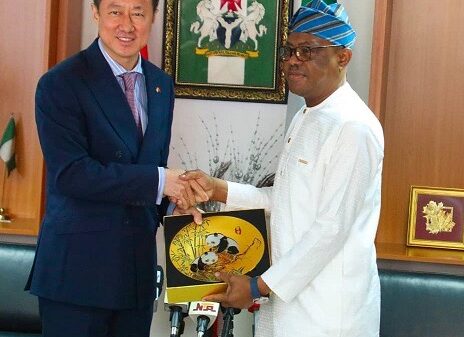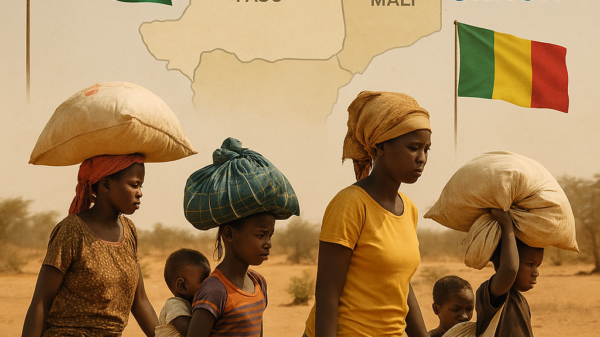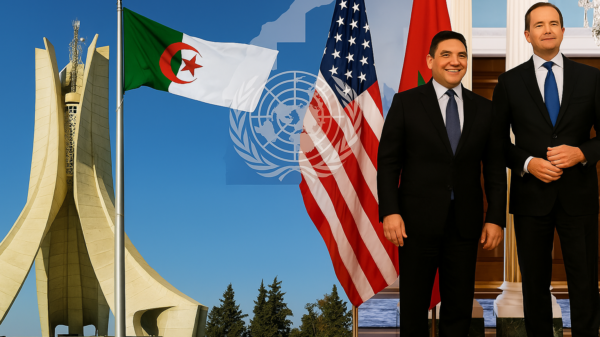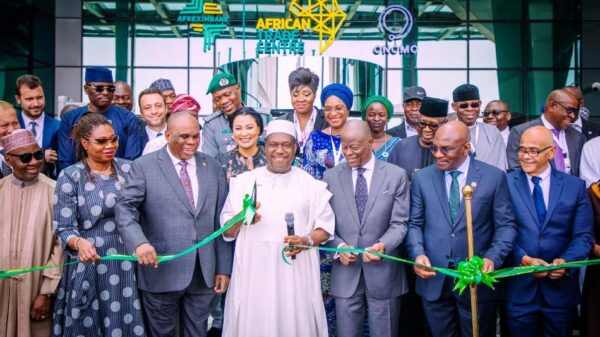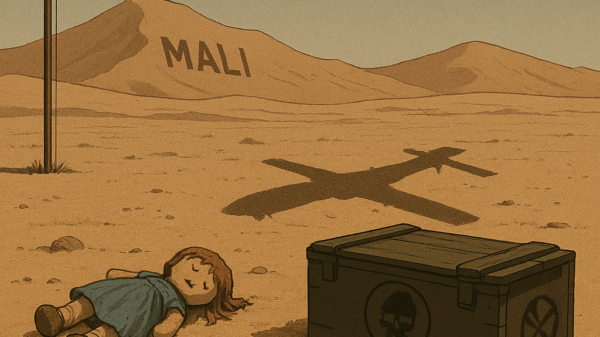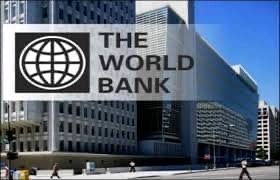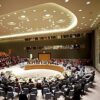The World Bank and Solidaridad West Africa (SWA) – leading implementation for Ghana – have signed a grant agreement for a US$4 million project to boost social inclusion in the sharing of benefits generated within the Ghana Cocoa Forest Reducing Emissions from Deforestation and Forest Degradation (REDD+) Program (GCRP).
By directly engaging 20,000 farmers from 100 communities, including women, youth, migrant farmers, and persons with disabilities, the project promises to significantly enhance their participation in climate action and provide equitable access to emissions reduction benefits.
The project is financed by the World Bank managed Enhancing Access to Benefits while Lowering Emissions (EnABLE) Trust Fund, which promotes social inclusion and gender equality in climate finance. Ghana is the first country to receive an EnABLE grant that supports the Civil Society Organizations (CSOs) distributing benefits earned by communities for reducing emissions and generating high integrity carbon credits.
“This grant signing is a major milestone for amplifying the voices of Ghana’s most vulnerable groups, particularly women, in the climate change discourse,” said World Bank Country Director for Ghana, Liberia, and Sierra Leone, Robert R. Taliercio. “By partnering with organizations like Solidaridad West Africa that have deep roots in local communities, we can ensure equitable access to emissions reduction benefits in cocoa landscapes.”
The project will build capacity to increase the knowledge and skills of target groups to help them engage in the Emissions Reduction Program (ERP). This includes developing communication toolkits tailored to demystify ERP processes and benefit sharing, as well as training programs to foster a deeper understanding of climate action policies. Moreover, the inclusion of these groups in REDD+ processes will foster inclusive dialogue and policy formulation.
The Forestry Commission which is the lead implementer of the GCFRP in partnership with the Ghana Cocoa Board, is enthusiastic about the project as it has the capacity to stimulate the large-scale participation of local communities in sustainable practices, that will generate more emission reductions and removals with resultant payments for community development.
“Within the Carbon Fund Portfolio and beyond, Ghana has become a reference point for the successful implementation of jurisdictional REDD+. We therefore count on the expertise of Solidaridad West Africa and Tropenbos Ghana to implement the EnABLE project to enhance actions to reverse and halt deforestation and forest degradation for people, Forests and Climate benefits at the national and global level,” said, Mr. John M. Allotey, Chief Executive of Ghana’s Forestry Commission. “We are also grateful to the donors of the EnABLE fund and the World Bank for making this possible,” he added.
Other project activities include support for locally led, climate-resilient livelihoods, particularly for women, through the provision of seed grants and technical support as well as support for the development of green infrastructure and the promotion of climate-smart agricultural practices. Legal literacy on land rights is another crucial aspect of the project, focusing on the new provisions in Ghana’s 2020 Land Act, essential for ensuring the participation of women in REDD+ programs that require access to land.
“The future of Ghana’s forests is at the crossroads, and the EnABLE project is coming at a critical time when the country is entrenching its access to the carbon market. Solidaridad is proud to be associated with the project to secure the inclusion of farmers and other local community groups in decision-making and the protection of forests so they can share in the associated carbon benefits that accrue from their efforts,” said Isaac Kwadwo Gyamfi, Regional Director for Solidaridad West Africa. “It is our expectation that the project will ensure that no one is left behind and ultimately stimulate the scale up of inclusivity in other programs and platforms in the landscape.”
The project will be jointly implemented by Solidaridad West Africa (SWA) and Tropenbos Ghana.
“Our approach highlights inclusiveness, gender equality, and social equity to ensure that, all stakeholders can participate meaningfully and benefit equitably from initiatives aimed at mitigating climate change and promoting environmental sustainability,” said Mercy Owusu Ansah, Country Director Tropenbos Ghana. “As local communities, private sector, the government, and other stakeholders work together to reduce emissions by implementing low-carbon ideas and technology in a sustainable manner, they must receive fair and socially inclusive payments as incentives for this action.”







